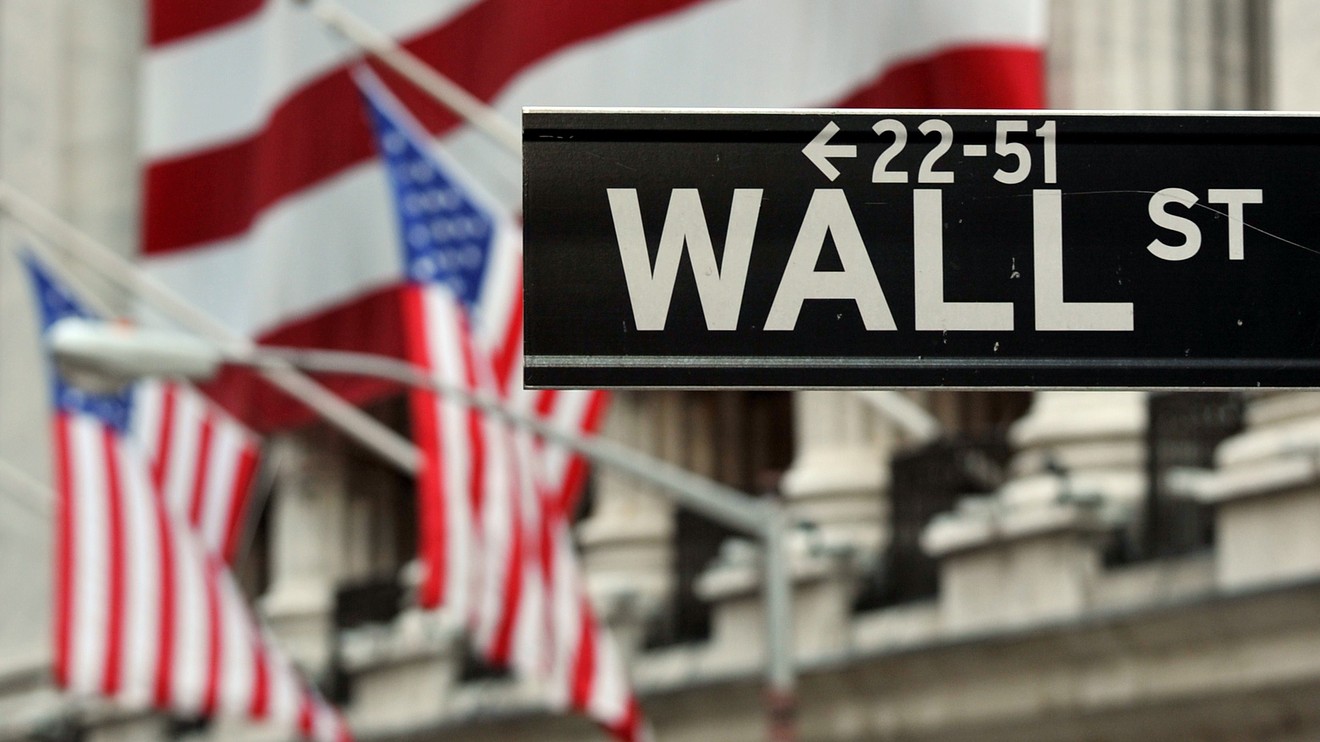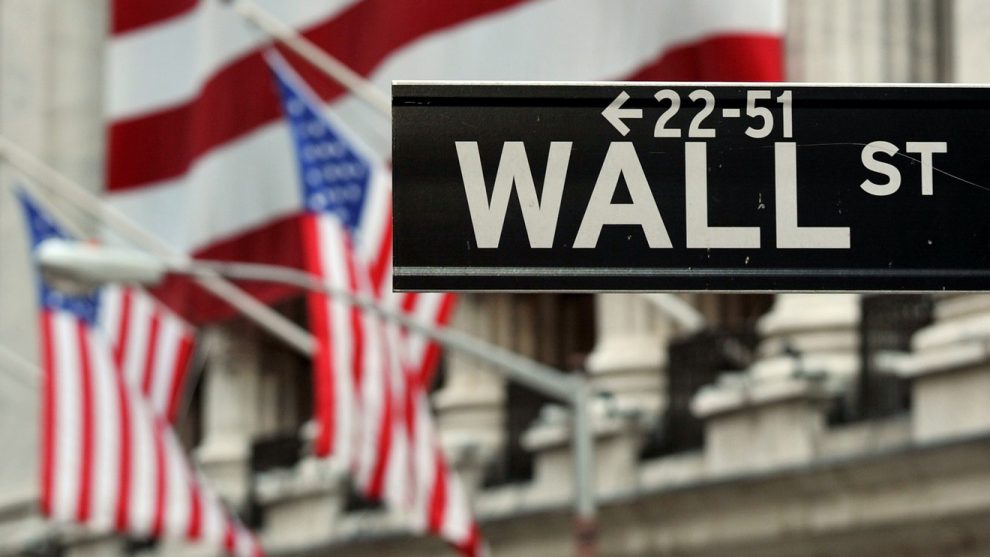
U.S. stocks closed higher Wednesday, but remain lower for the month amid continued volatility induced by the inverted U.S. Treasury yield curve, as well as by the U.S.-China trade war, and the threat of a no-deal Brexit.
How are the major benchmarks performing?
The Dow Jones Industrial Average DJIA, +1.00% rose 258.20 points, or 1.0%, to close at 26,036.10, while the S&P 500 SPX, +0.65% added 18.78 points, or 0.7%, to finish at 2,887.94. The Nasdaq Composite Index COMP, +0.38% gained 29.94 points, or 0.4%, to end at 7,856.88.
With two trading days left in August, the Dow and S&P 500 are down 3.1% for the month, while the Nasdaq is off 3.9%.
See: 5 things investors need to know about an inverted yield curve
What’s driving the market?
Energy stocks led the gains on Wednesday after crude oil prices rose back to the top of their range for August after data from the U.S. Energy Information Administration showed inventories fell by 10 million barrels last week, the largest drop in five weeks. Exxon Mobil XOM, +0.73%, Chevron CVX, +0.86% and ConocoPhillips COP, +1.90% shares all closed up.
The gains for U.S. stocks came on late August low-volume trading heading into the U.S. Labor Day holiday weekend, even though investors hopes for a resolution to the U.S.-China trade dispute are fading and falling bond yields are reflecting fears of a potential economic downturn.
The White House is scheduled to impose the first stage of U.S. tariffs on $300 billion worth of Chinese imported goods on Sunday, when China is set to respond with tariffs on U.S. products also.
The spread between the yield on the 2-year U.S. Treasury note TMUBMUSD02Y, -2.08% and the 10-year TMUBMUSD10Y, +0.63% is now the most inverted since 2007. This so-called inversion of the yield curve has been a reliable warning sign of recession historically. The 3-month/10-year measure of the curve — seen as a more reliable recession warning sign than the 2-year/10-year measure — has been inverted since May.
“The Treasury market remains at the center of attention, even concerning the intraday trends in stocks,” said Ken Berman, strategist at Gorilla Trades, in a note.
Potentially adding to fears of slowing global growth due to the U.S. – China trade war, U.K. Prime Minister Boris Johnson’s announced plans to suspend parliament until Oct 14, less than three weeks before the Britain’s scheduled exit from the European Union on Oct. 31. The move was seen as increasing the chances of a “no-deal” Brexit that economists estimate could deal a significant blow to economic growth in the U.K and Europe.
See: Can the British prime minister really just suspend Parliament?
“We’re in a fragile equilibrium: rallying bond markets are propping up equity valuations, but the balance holds only if global growth does not break out to the downside,” said UBS economist Arend Kapteyn in a note.
Read: These 10 ‘gray swan’ events could conspire to imperil global economy and markets
Which stocks are in focus?
Shares of Tiffany & Co. TIF, +3.02% rose after posting second-quarter earnings. The luxury jeweler reported second-quarter earnings that fell less than expected, though revenue fell just shy of Wall Street forecasts.
Shares of Brown-Forman Corp. fell after the parent company of Jack Daniel whiskey reported declining earnings and missed sales estimates for the fiscal first quarter. The company’s stock had risen nearly 24% this year, as of Tuesday’s close.
Autodesk Inc. ADSK, -6.74% reported second-quarter earnings after the close of trade Wednesday. The design software company’s stock fell 10.4% Wednesday after its outlook for third-quarter profits and sales fell short of analyst expectations.
Shares of Hewlett Packard Enterprise Co. HPE, +3.40% were up Wednesday, after the enterprise IT firm reported second-quarter earnings that declined less than expected, but revenue that fell just shy.
Shares of Okta OKTA, -1.41% were down with the San Francisco-based computer identity and access management company due to report earnings after the market closes Wednesday.
How are other markets trading?
In Europe, equities retreated, with the Stoxx Europe 600 index SXXP, -0.20% losing 0.2%.
Stocks in Asia traded mostly lower overnight. The China CSI 300 000300, -0.38% fell 0.4%, Japan’s Nikkei 225 NIK, +0.11% added 0.1% and Hong Kong’s Hang Seng Index HSI, -0.19% fell 0.2%.
The 10-year Treasury note yield TMUBMUSD10Y, +0.63% fell 3.6 basis point to 1.454%, a day after the benchmark rate hit its lowest level since July 2016. The 2-year note TMUBMUSD02Y, -2.08% was down 3.2 basis points to 1.496%, while the 30-year bond TMUBMUSD30Y, -0.80% tumbled 4.1 basis points to 1.926%.
Crude oil prices rose after a large drop in U.S. inventories with West Texas Intermediate for CLV19, +1.77% elivery up 85 cents, or 1.6%, to settle at $55.78 a barrel on the New York Mercantile Exchange.
Gold for December delivery GCZ19, -0.21% on Comex fell $2.70, or 0.2%, to settle at $1,549.10 an ounce after settling at $1,551.80 on Tuesday, the highest finish for a most-active contract since April 2013.











